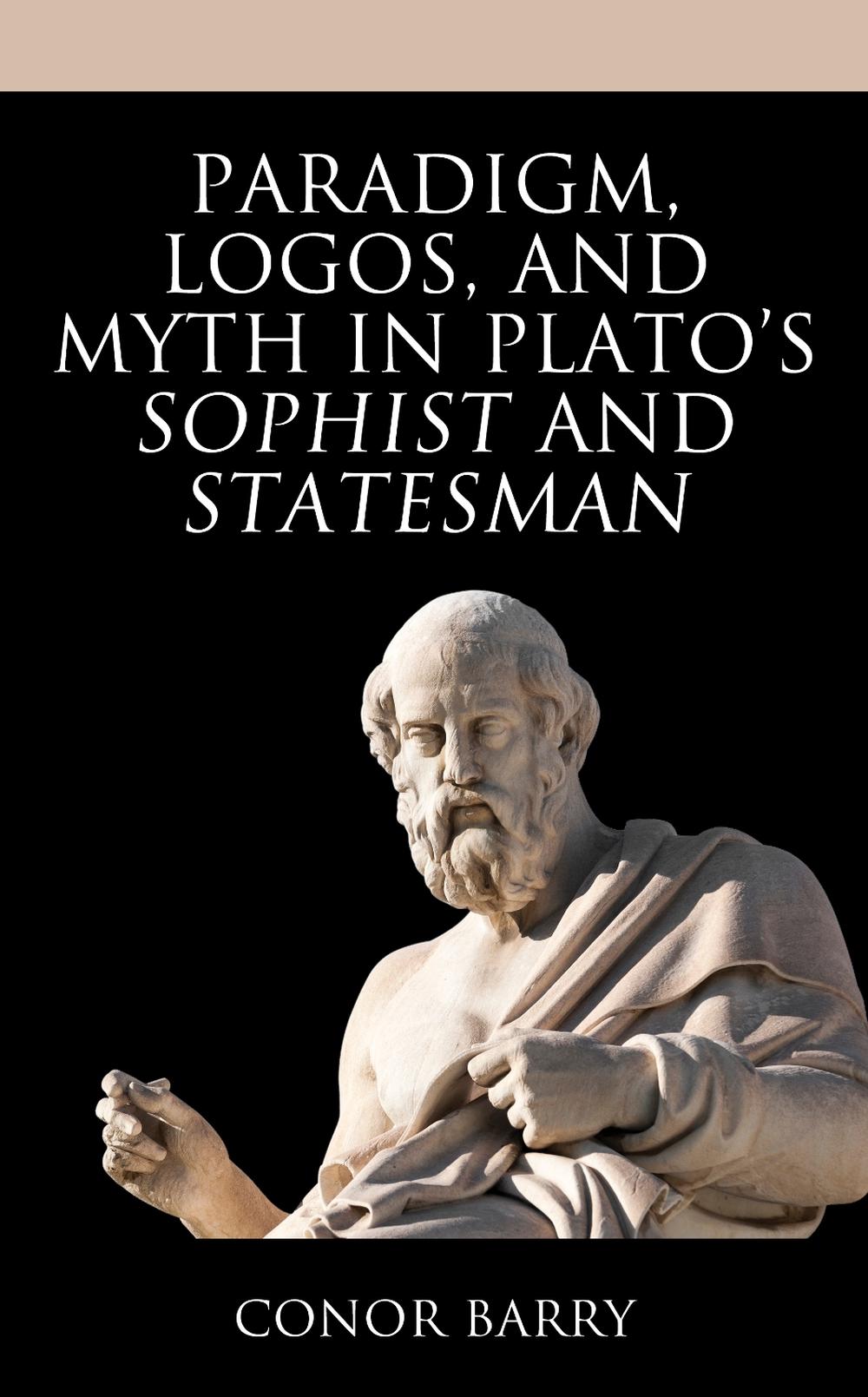
Hardcover
Uncover Plato’s ethical dialectic through paradigm, logos, and myth.
Paradigm, Logos, and Myth in Plato's Sophist and Statesman
- Hardcover
328 pages
- Release Date
31 October 2022
Summary
In a sustained study of the Sophist and Statesman, this book explores the use of paradigm, logos, and myth. Plato introduces in these dialogues the term “paradigm” to signify an image or model that can be used to yield insight into higher, ethical realities that are themselves beyond direct visual portrayal. He employs the term to signify an inductive example that can be defined. Finally, Plato shows how to rework existing narrative and myth to an ethically appropriate end.
Since this…
Book Details
| ISBN-13: | 9781793649034 |
|---|---|
| ISBN-10: | 1793649030 |
| Author: | Conor Barry |
| Publisher: | Bloomsbury Publishing Plc |
| Imprint: | Lexington Books |
| Format: | Hardcover |
| Number of Pages: | 328 |
| Release Date: | 31 October 2022 |
| Weight: | 608g |
| Dimensions: | 237mm x 159mm x 23mm |
You Can Find This Book In
About The Author
Conor Barry
Conor Barry is assistant professor of political science at St. Thomas University.
Returns
This item is eligible for free returns within 30 days of delivery. See our returns policy for further details.




